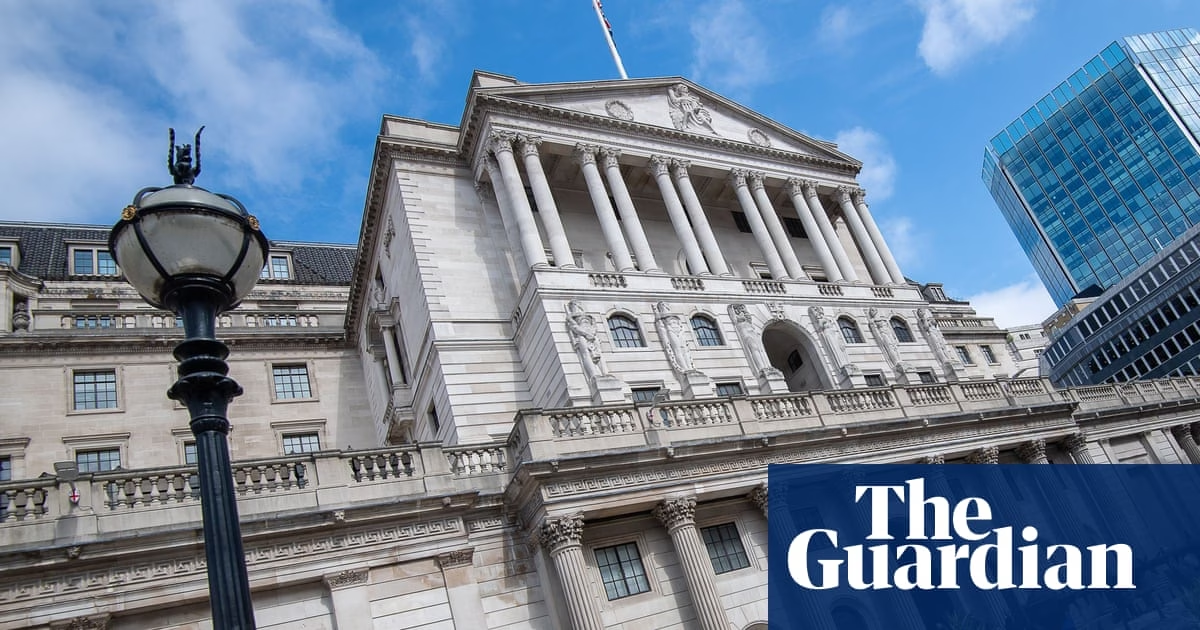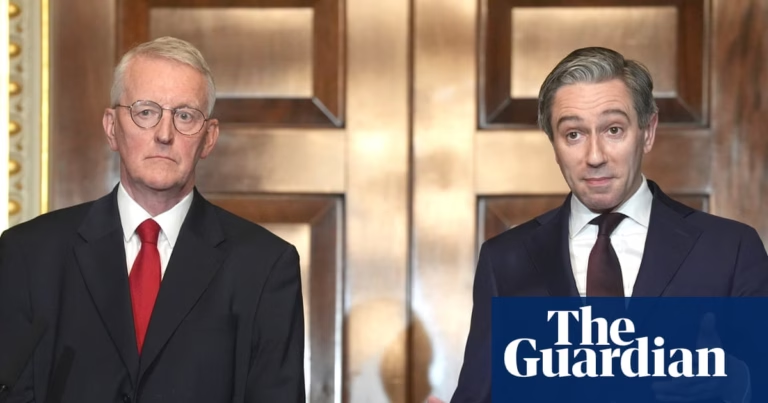Bank of England policymakers are widely expected to decrease interest rates this week to prevent the economy from declining amid rising unemployment and the impact of trade tensions from Donald Trump’s additional import tariffs.
Financial markets anticipate that the Bank’s nine-member Monetary Policy Committee (MPC) will lower the main interest rate by 0.25 percentage points to 4% on Thursday, the fifth cut since last August, returning interest rates to what they were in March 2023.
Financial markets have set the likelihood of a rate cut at the August meeting at over 80% and expect another quarter-point reduction before the end of the year.
Chancellor Rachel Reeves is expected to welcome the decision, which will lower mortgage rates and cut borrowing costs for businesses struggling financially.
However, the decision highlights the difficult situation facing the UK as the government grapples with boosting growth while trying to limit spending before the autumn budget.
The UK economy shrank by 0.1% in May, and decreased by 0.3% in April, which many economists attribute to the uncertainty caused by Trump’s tariffs and increased business taxes from last October’s budget.
Indicating slower growth over the next year, the number of job vacancies fell below its pre-pandemic level, and the unemployment rate rose to 4.7% in the three months to May, reaching its highest level since June 2021.
Trump has signed a trade deal with the UK that caps tariffs on most goods at 10%. However, last Friday, the US president announced additional import tariffs of up to 50% on trading partners, which could harm global growth.
The International Monetary Fund (IMF) recently stated that the UK economy will struggle to expand by more than 0.1% in the third and fourth quarters of the year, with a slight increase in the quarterly growth rate to 0.3% next year.
On Thursday, the MPC will publish updated forecasts that could be even more pessimistic, suggesting a period of stagflation is likely, with slower growth over the next year and ongoing high inflation.
Consumer prices increased by 3.6% in the year to June, according to the latest figures, substantially above the MPC’s 2% target.







